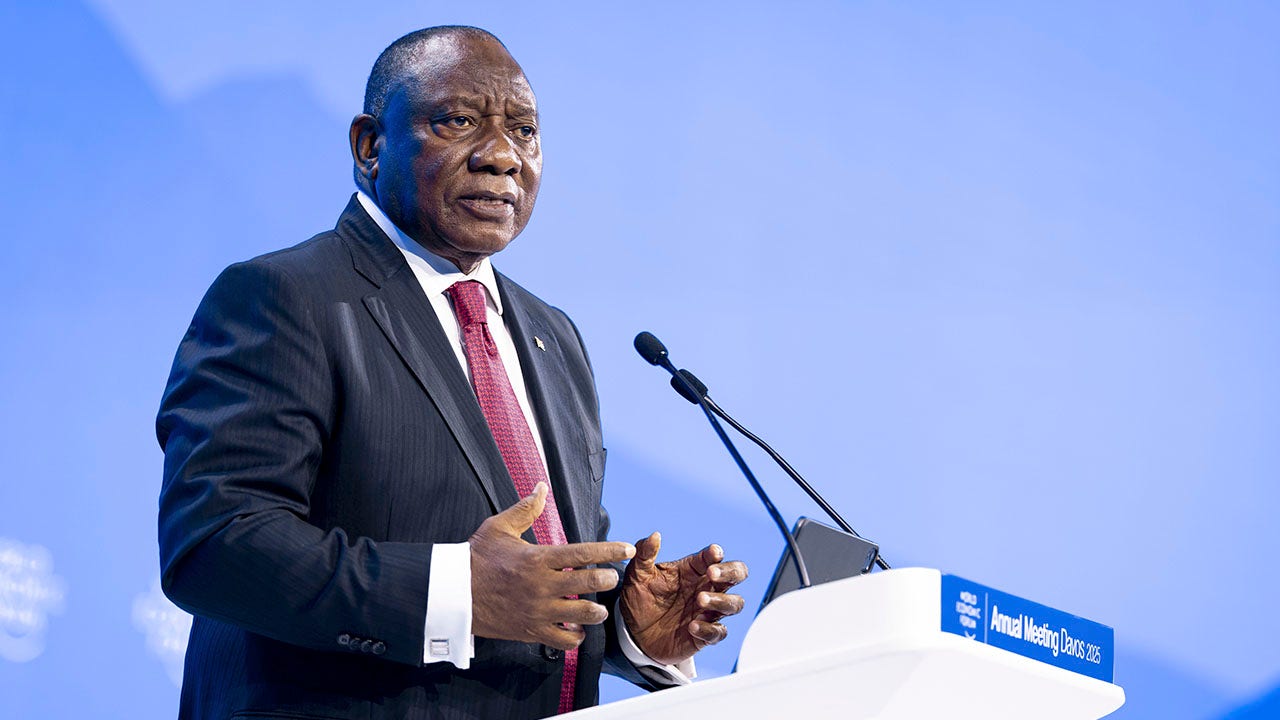South African president signs controversal land expropriation law

South African President Cyril Ramaphosa recently signed into law a bill that has sparked controversy and debate within the country. The new law allows the government to seize land without having to pay compensation, a move that some in the government believe threatens private ownership rights.
The legislation, which replaces the pre-democratic Expropriation Act of 1975, outlines the process by which the state can expropriate land and the basis on which it can do so, according to reports from the BBC. Ramaphosa’s political party, the African National Congress (ANC), has lauded the law as a “significant milestone.” However, there are dissenting voices within the government who have expressed intentions to challenge the legality of the new law.
One of the key motivations behind the law is the stark disparity in land ownership in South Africa. Decades after the end of apartheid, the majority of farmland is still owned by the White minority, while the Black population owns only a small fraction of the land. The new law allows for the expropriation of land without compensation in specific circumstances deemed to be “just and equitable and in the public interest.”
These circumstances include situations where the property is not being utilized, there are no plans for development, or if the property poses a public safety risk. Vincent Magwenya, the president’s spokesperson, emphasized that expropriation must be carried out in the public interest and only after attempts to reach a reasonable agreement with the property owner have failed.
The Democratic Alliance (DA), the second-largest party in the government, has strongly opposed the law and is consulting with legal experts. While the party supports land restitution efforts, it has raised concerns about the parliamentary process through which the law was enacted.
The Freedom Front Plus party, which advocates for the rights of the White minority in South Africa, has vowed to challenge the law and take all necessary steps to have it amended if found to be unconstitutional.
The contentious issue of land expropriation without compensation continues to fuel debate and division within South Africa. As the country grapples with addressing historical injustices and land ownership disparities, the implementation and impact of this new law will be closely monitored and scrutinized.




